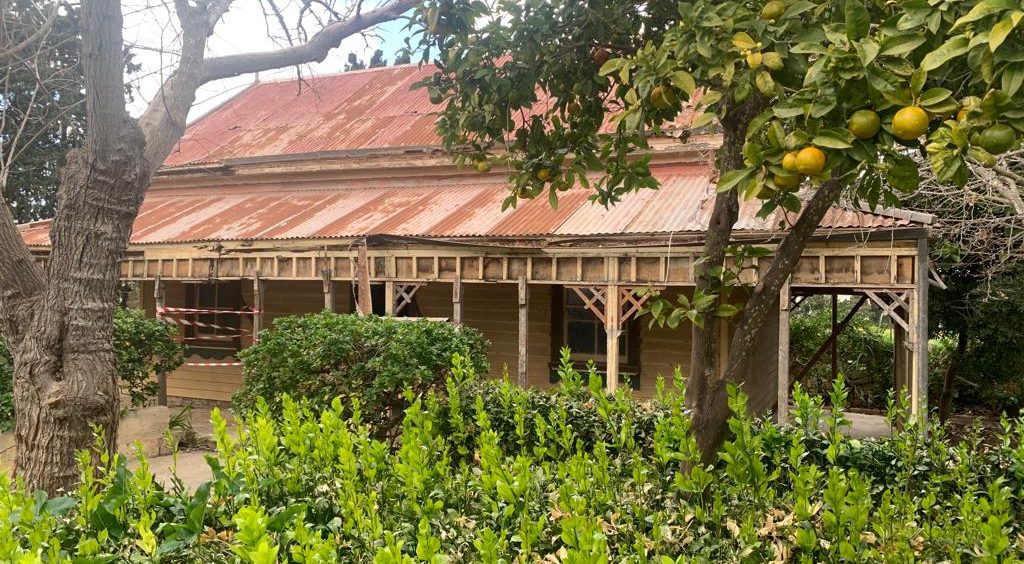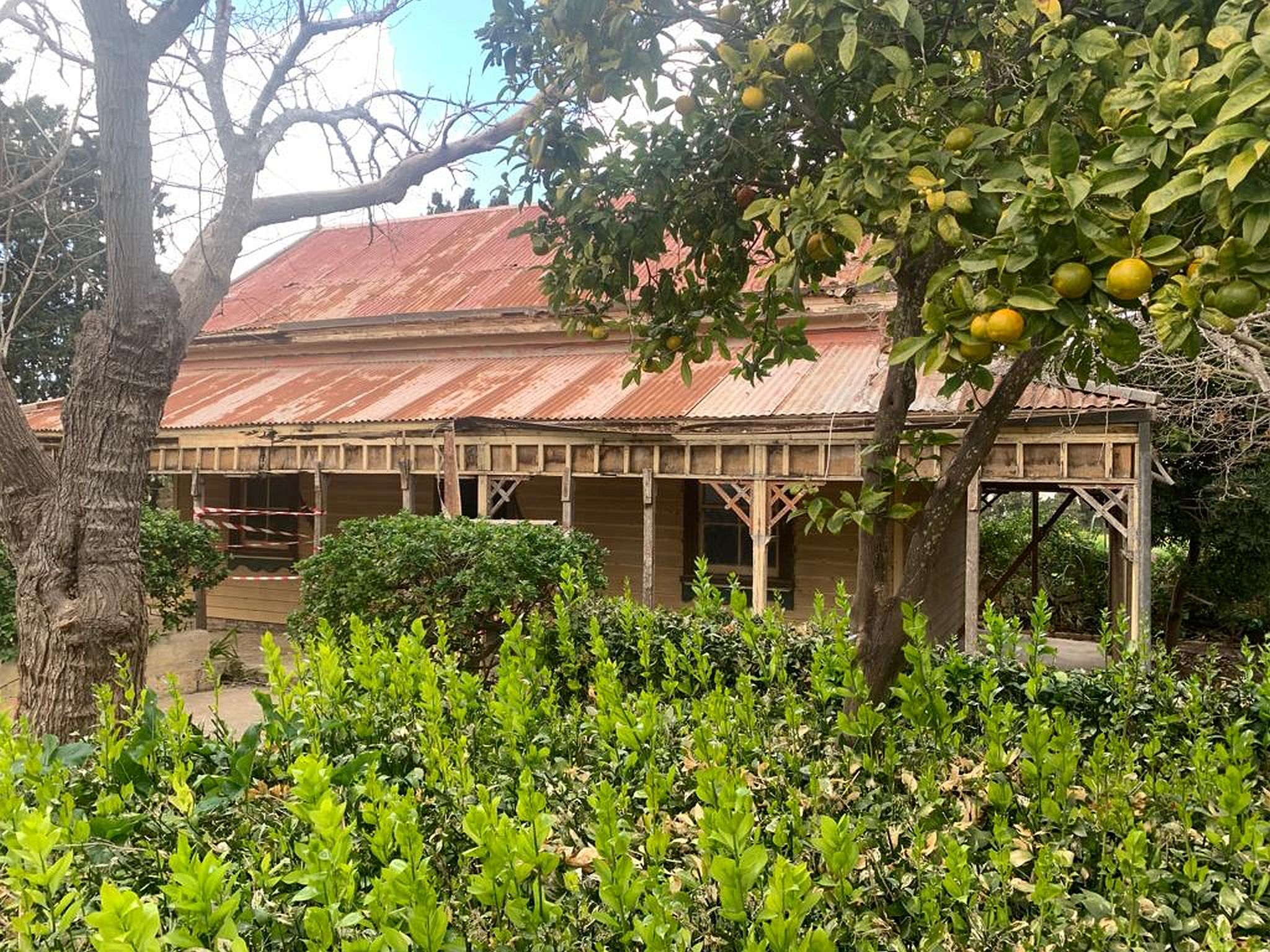
The Melita Foundation will be supporting Din l-Art Ħelwa’s project to salvage and restore the Australian Bungalow, a wooden building typical of many areas of Australia which is currently located in Ghammieri. This unique construction was sent to Malta from Australia in the 1920s to assist prospective migrants familiarise themselves with their future environment and to learn new building skills.
Professor Tanya Sammut Bonnici, Chair of the Melita Foundation said: ‘Melita is delighted to support this unique project which is marked with aspects of history, culture, workmanship and the dynamics of emigration in the 1920s. It is truly exceptional that the building is still standing 100 years later.’
Visiting the site recently together with officials from Din l-Art Ħelwa, and the High Commissioner for Australia, H.E. Jenny Cartmill, Ms Sammut Bonnici continued to say that Melita found the project highly innovative, and the value of the project goes well over and above its historical roots.
The Australian High Commissioner, Ms Jenny Cartmill,welcomed the valuable work of Din l-Art Ħelwa with the Melita Foundation, to bring this part of Maltese-Australian history back to life. She said the bungalow represents a very Australian architectural style, which was suited to the climate and environment. She added that it was wonderful that the bungalow would in future be open to the public as part of our joint history of migration, and hoped that others would add their support to the project.
Professor Alex Torpiano, Executive President of Din l-Art Ħelwa together with Council Members Professor Lucio Mule Stagno, Joe Farrugia, and Simone Mizzi, Secretary General, described the work that had to be undertaken to save the Bungalow which included dismantling each part, restoring and replacing missing elements, and re-erecting them in Ta Qali’s Family Park where government have allocated a site for its relocation where it will be easily accessible to the public.
‘This Australian Bungalow is thought to be the last remaining example of similar structures sent to all Commonwealth countries and is unique for Malta. For this reason’, said Professor Torpiano, ‘Din l-Art Ħelwa is extremely grateful to the Melita Foundation for having recognised the value of the project, and hoped this example will encourage other entities and individuals to come forward with further funds to complete other phases of the delicate operation.’




Comments are closed.